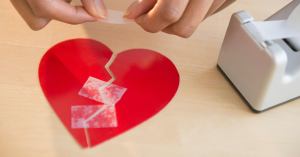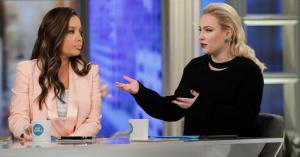When President Donald Trump announced the federal stimulus package and the impact it would have on every day citizens, a lot of questions were raised about the whole process. Eligible individuals would receive $1,200 while a married couple would take in $2,400 and those with children would receive an additional $500 per child. Receiving “free money” from the government comes with a lot of uncertainty as the payouts have begun to hit many Americans’ bank accounts.
Up to 80 million people are expected to get their checks this week. For those who didn’t receive the payment on Wednesday in the first big wave, the IRS created a website to be able to track the status of checks and when they can be expected. For the ones who did open their accounts to a pleasant surprise, another question arose as people are now wondering whether or not they will have to pay the amount back down the road. The answer to that is no.
Videos by PopCulture.com
The stimulus check is described as a refundable tax credit, which essentially is comparable to having credit at a store, as Business Insider explained it. In short, the federal government is giving people cash that comes off of their credit.
As for the most prominent question regarding the payouts, everyone is most concerned about whether or not they are eligible to receive the check. The IRS website provides the most comprehensive understanding of who is and who isn’t eligible. “Eligible taxpayers who filed tax returns for either 2019 or 2018 and chose direct deposit of their refund will automatically receive an Economic Impact Payment of up to $1,200 for individuals or $2,400 for married couples and $500 for each qualifying child,” the agency explains. “Individuals who receive Social Security retirement, survivors or disability benefits, SSDI or who receive Railroad Retirement benefits but did not file a return for 2019 or 2018 will automatically receive a payment in the near future.”
On Tuesday, an Indiana firefighter went to his local bank and stopped by the ATM where he pulled out $200. At the same time, he was also hoping to see that his stimulus check had come through. It turns out he had a much bigger surprise when he saw a balance of $8.2 million in his account. He called the bank to explain what he saw, only to discover the machine simply had a glitch and that the money never was in his account.
As the federal stimulus checks continue to roll out, patience will be a virtue and glitches are likely to happen along the way throughout the process.









